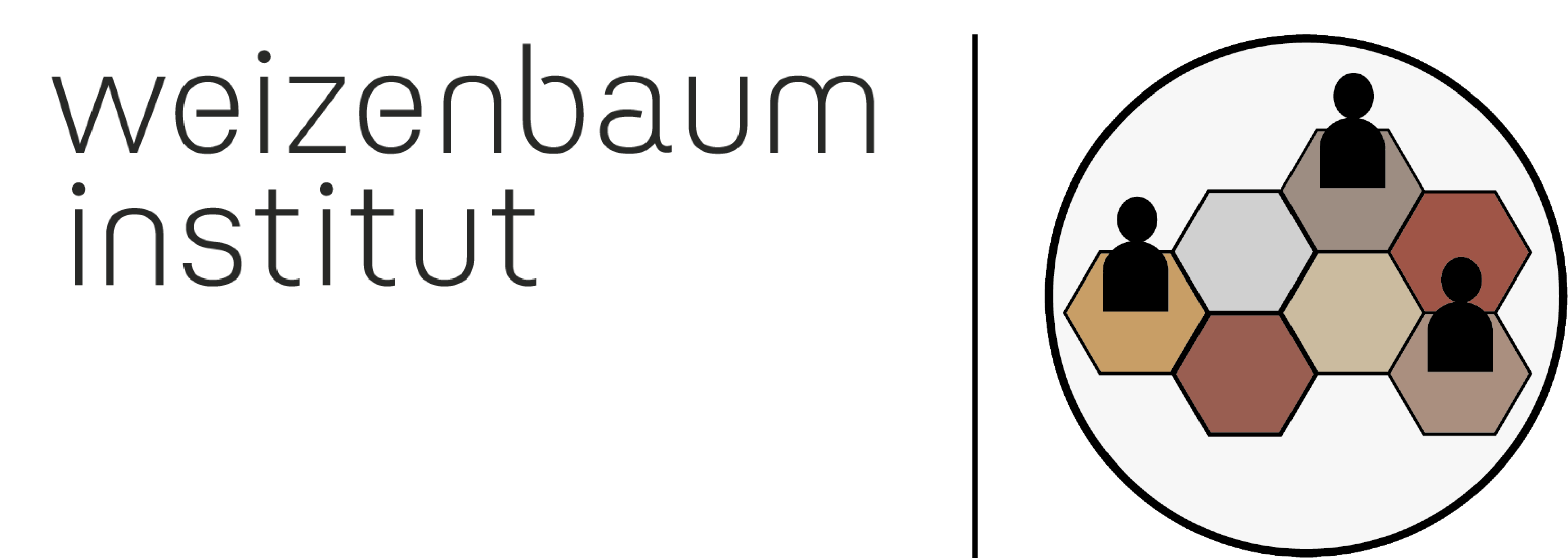Contents
Zoraida Frías (UPM): “The economics of infrastructure sharing in 5G networks” [02/07]
Günter Knieps: “Internet of Things and the economics of operator platforms for smart networks” [09/11]
William Lehr (MIT): “Communications Policy Regulatory Reform for a Post-PSTN World” [25/10]
Robert Frankston (IEEE Member): “New Paradigms for the Internet” [28/11]
Jason Whalley (Northumbria University): “Should everyone have access to broadband? Universal service in the United Kingdom” [10/12]

"Should everyone have access to broadband? Universal service in the United Kingdom" by Jason Whalley (Northumbria University)
Should everyone have access to broadband? With the growth of the digital economy, with its widespread socio-economic benefits, strong and persuasive arguments can be made for ensuring that everyone has access to broadband. But in many countries digital divides exist that limit who is able to go online and the benefits that can be achieved. While these digital divides are multi-faceted, if an individual or business is going to be online, they first of all need a connection. With the liberalisation of telecommunications markets, tensions around the provision of broadband in areas unattractive to commercial deployment have been heightened. Some of these areas may be too costly, due to their remoteness or low population densities, while other areas may be perceived as lacking demand.
Within the UK, variations in broadband infrastructure, coupled with its (perceived) slowness when it is available, were reflected in vocal campaigns and political interest. Those who did not have broadband wanted it, while those who had it wanted better quality connections. After much deliberation and posturing by political parties, the response in the UK has been to embark on a regulatory initiative: universal service. In essence, this specifies a basic level of service that anyone regardless of location should have access to. In this talk, the focus is on the evolution of this initiative, highlighting the challenges and tensions faced within the context of a dynamic market. The challenges of specifying an appropriate level of basic service will be illustrated, as will difficulties of determining who will pay for universal service. The talk draws on an ongoing body of work investigating the provision of broadband networks.
https://www.northumbria.ac.uk/about-us/our-staff/w/jason-whalley/

"New Paradigms for the Internet" by Robert Frankston (IEEE Member)

"Communications Policy Regulatory Reform for a Post-PSTN World" by William Lehr (MIT)
We are currently in the midst of a global transformation to a Digital Economy, yet National Regulatory Authorities (NRAs) such as the Federal Communications Commission (FCC) in the U.S. and similar agencies in other countries are still operating under legacy telecommunications policies set in place to manage the Public Switched Telecommunications Network (PSTN). There is general agreement that new frameworks are needed to manage communications policy in the era of IP-based broadband access platforms and the Internet.
In a series of papers over recent years, Dr. Lehr has worked with colleagues to highlight the challenges confronting regulatory reform efforts and worked toward proposals for what a appropriate communications policy for the new Digital Economy might look like. This is very much a work in progress.
http://people.csail.mit.edu/wlehr/

"Internet of Things and the economics of operator platforms for smart networks" by Günter Knieps
Online platforms providing intermediation services (e.g. Amazon, eBay) are to be differentiated from operator platforms organizing the new innovative markets for intelligent network services. Of particular relevancy is the differentiation between the physical side of operator platforms as coordinators, aggregators and organizers of physical network services and its complementary virtual side based on real-time, adaptive and location-sensitive (big )data processing and transmission. Disruption of traditional network industries with the evolution towards smart network industries is concomitant with the emergence of innovative operator platforms providing a variety of innovative network services.
Challenging governance problems of contractual relationships among different actors arise. The problem solution competence of operator platforms (two-sided, multi-sided) is the entrepreneurial search for the required governance structures. The problem of division of labor between all-IP broadband network providers, virtual network service providers and platform operators arises concomitant with the implementation of adequate governance structures.
https://portal.uni-freiburg.de/vw/mitarbeiter-en/mitarb-profknieps-en?set_language=en

"The economics of infrastructure sharing in 5G networks" by Professor Zoraida Frías (UPM)
Unlike previous mobile technologies, 5G has been designed to enable a general-purpose digital platform that can serve different vertical industries, such as healthcare, energy, or automotive. This idea implies a new sharing paradigm for network resources, deviating from the approach taken so far. Previous generations have served with limited success the connectivity needs of these industries with a simple reason: the requirement on dedicated infrastructure has made extremely difficult building a business case, since the network that would be deployed for each of the verticals would be unoccupied most of the time.
What makes 5G technologically and economically different is the approach towards an increased degree of network resource sharing through two key underlying technologies: Network Functions Virtualization (NFV) and Software Defined Networks (SDN). These technologies will deliver smart, flexible, and scalable networks that can be used – and priced – on demand. In her talk, Zoraida Frías will examine the ramifications of this flexibility to expediting digital transformation through new business models where 5G networks can be provided “as a service”.
https://zoraidafrias.com/
